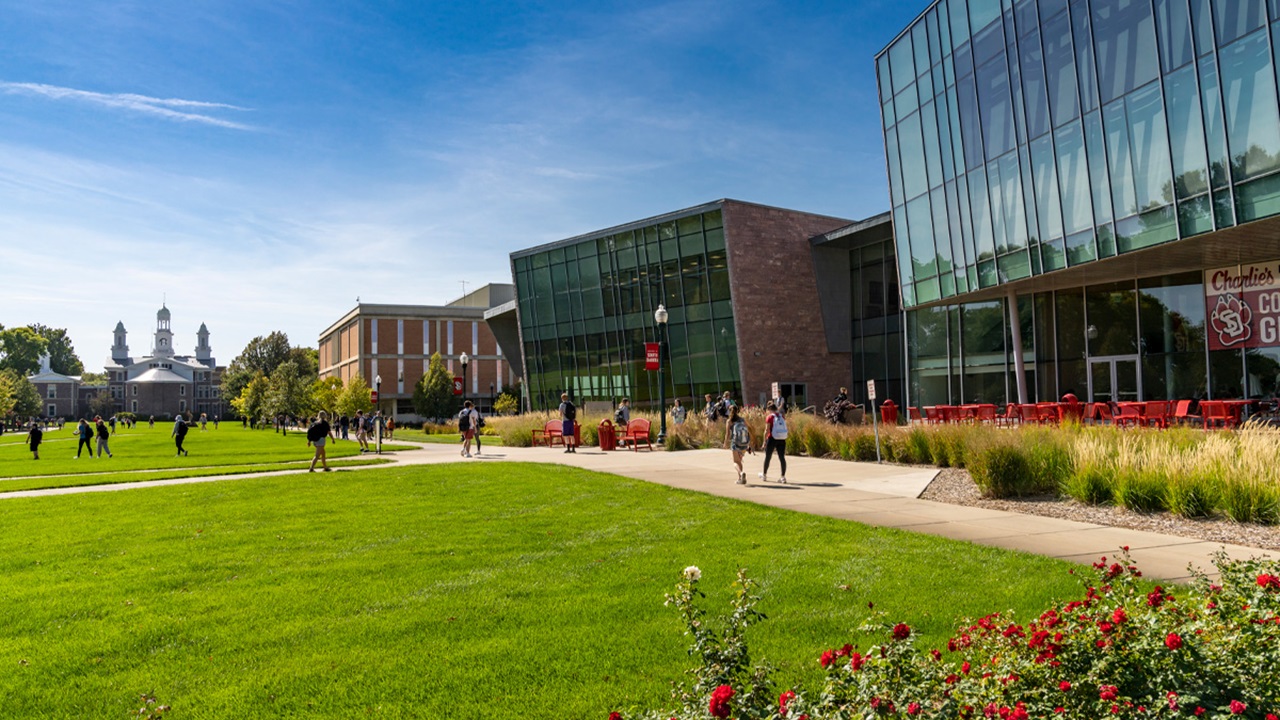Brown Bag Lunch Research Presentations Begin with Session on Aug. 30
The University of South Dakota’s “Brown Bag Lunch Research Presentations” gives faculty, staff, students, community members and the general public the opportunity to enjoy lunch and explore cutting-edge research with the university’s leading researchers.

“These presentations showcase the breadth of our research portfolio here at USD and offer people the chance to learn something new,” said Gina O’Connor, grant specialist in the office of research & sponsored programs. “For faculty attending, it is an opportunity to discover new collaborative partners, and students attending are encouraged to think about how they can integrate a research experience into their time at USD by networking with current faculty researchers.”
The audience is invited to bring their own lunch to eat during the presentations. All of the presentations take place from 12:15-12:45 p.m. in Muenster University Center (MUC) room 216/216A, except for the Oct. 25 presentation, which takes place in MUC 212.
The schedule of presentations is as follows.
The audience is invited to bring their own lunch to eat during the presentations. All of the presentations take place from 12:15-12:45 p.m. in Muenster University Center (MUC) room 216/216A, except for the Oct. 25 presentation, which takes place in MUC 212.
The schedule of presentations is as follows.
